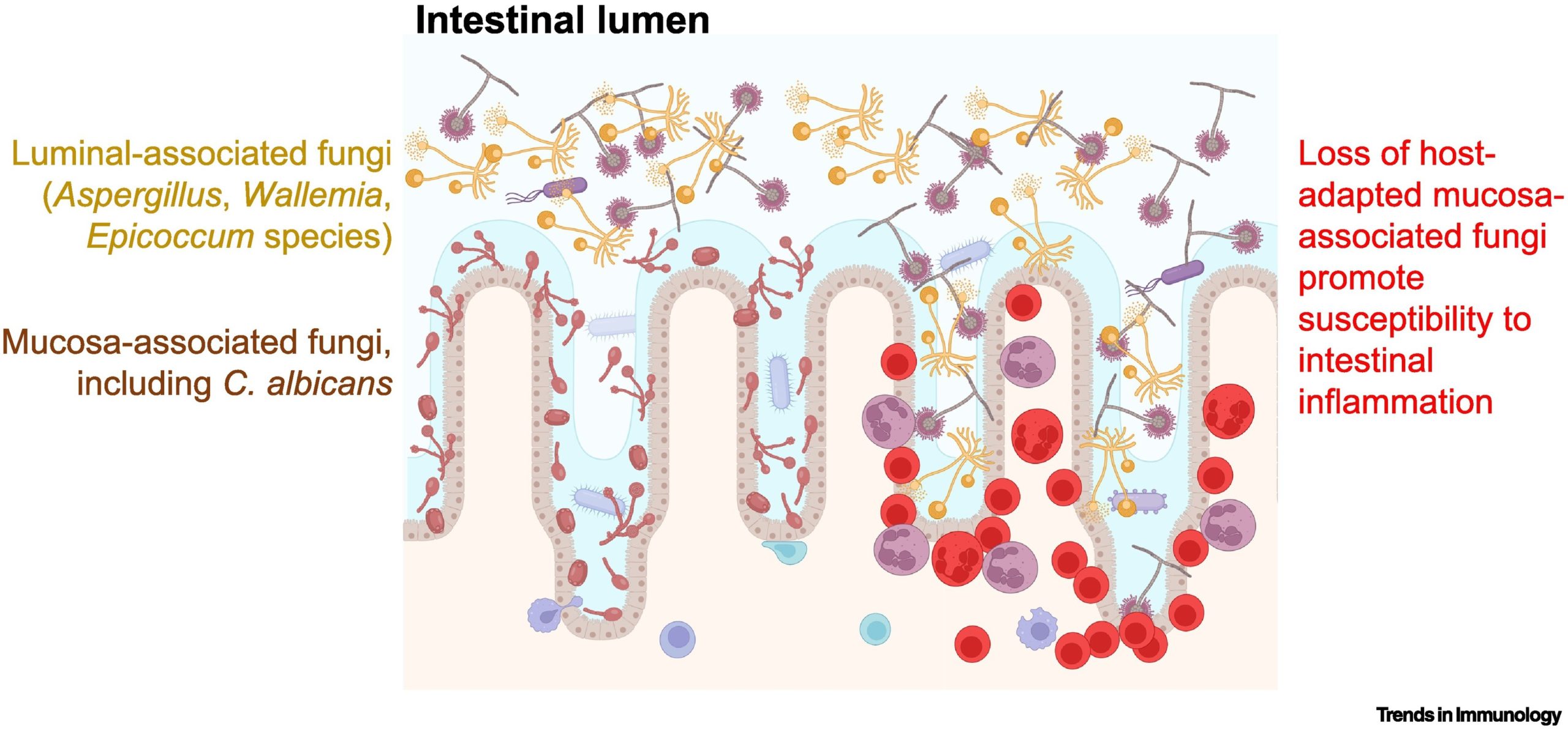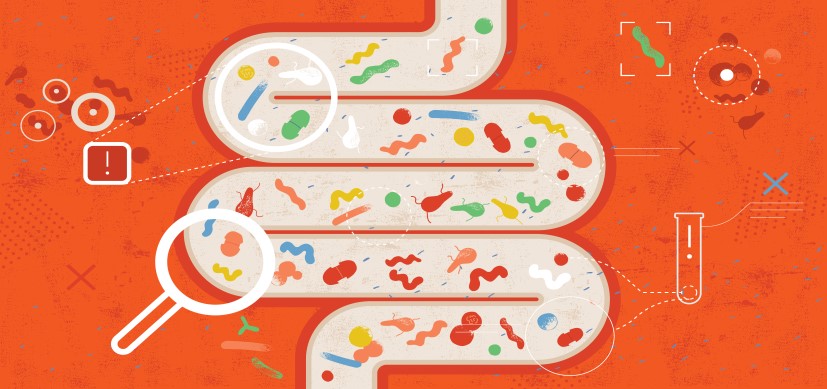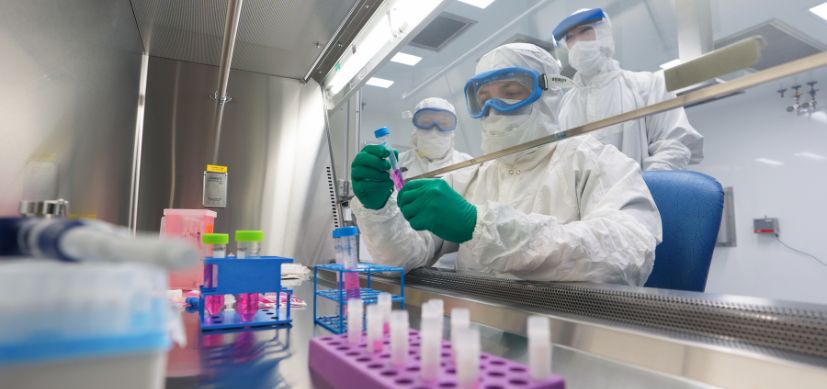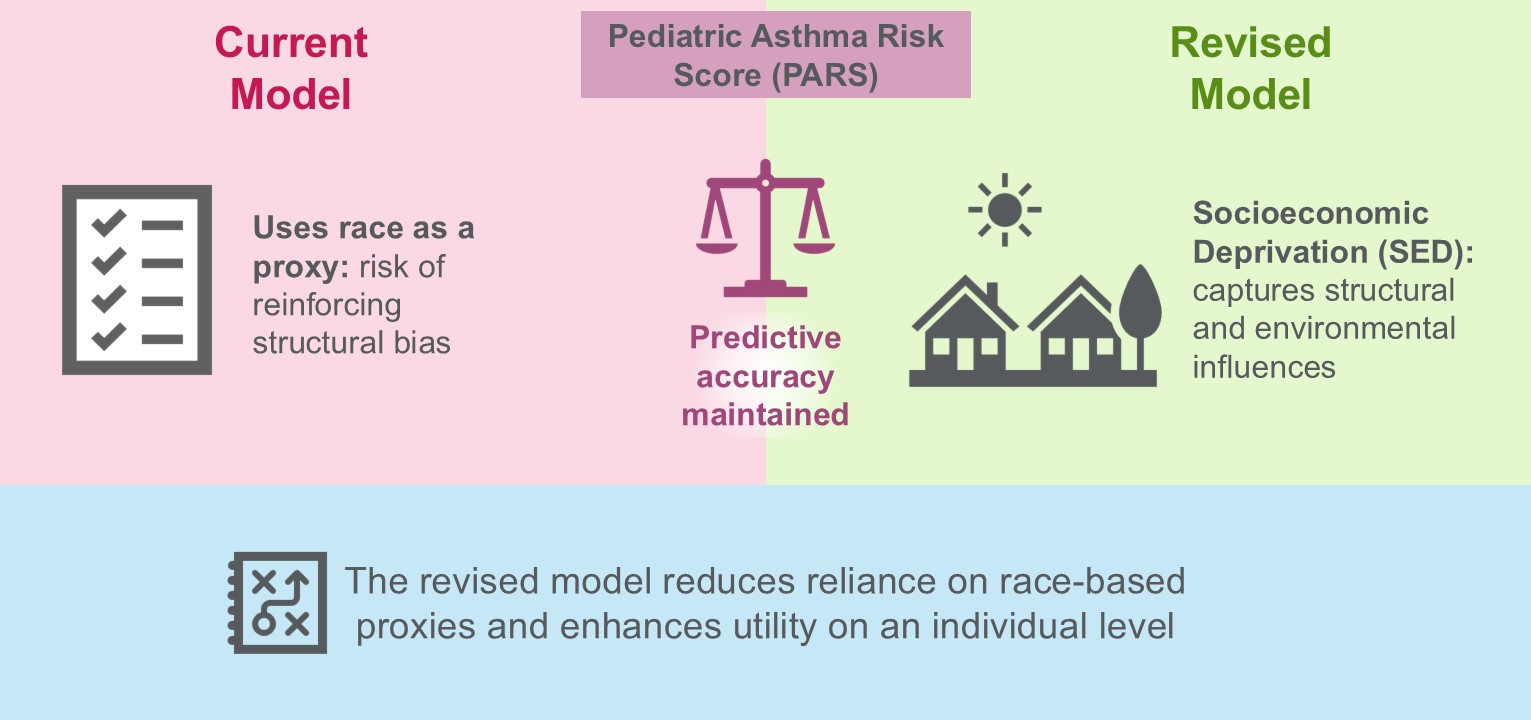How ‘Friendly Fungi’ Help Fight Off Infections
Research By: Sing Sing Way, MD, PhD
Post Date: August 12, 2022 | Publish Date: Aug. 9, 2022
Infectious Diseases | Top Scientific Achievement


After recently publishing an eyebrow-raising study in Cell Reports about a symbiotic relationship between commensal fungi and the immune system of the intestine, a team of Cincinnati Children’s scientists led by Sing Sing Way, MD, PhD, has provided more perspective on the discovery in the journal Trends in Immunology.
Clinicians are well aware that fungal infections can cause severe tissue-damaging and even life-threatening outcomes. One of the most common fungal pathogens is Candida albicans, which can cause bloodstream infections and abscesses, and can contaminate catheters and other implanted devices.
But the medical world is less aware of the far more common symbiotic relationship with commensal C. albicans, which plays an important role in stimulating our immune system so that the mucosal membranes within our intestines can act more effectively as barriers against invading microbes. Key details about the symbiotic relationship were recently published by a team of scientists led by Sing Sing Way, MD, PhD, Division of Infectious Diseases at Cincinnati Children’s, and Richard Bennett, PhD, from Brown University. Cincinnati Children’s co-authors included Tzu-Yu Shao, PhD, and David Haslam, MD.
“A scientific renaissance in the appreciation of commensal fungi has begun,” Way says. “Colonization by commensal C. albicans has largely been ignored, with studies of microbiota focused on bacteria. However, accumulating evidence shows fungal colonization uniquely stimulates our immune system to protect us not only from invasive fungi but also from a variety of unrelated pathogens. In addition, commensal C. albicans also appear to modulate how neurons respond to cytokine stimulation,
which might influence human social behavior.”
The study lays out several benefits of “friendly fungi” and suggests that interventions to maintain a balanced relationship would optimize protection against infection. The team also says boosting immune response by fungal colonization could help prevent some cancers or recalibrate aberrant responses that cause autoimmunity.
“Overall, the results discussed here challenge the generally negative perception of fungi as microbes that only cause difficult-to-treat infections or stimulate allergic-type reactions,” Way says. “These negative consequences for a few individuals are likely to be offset by far greater host benefits of fungal colonization.”
More 2023 Research Highlights
Chosen by the Division of Infectious Diseases
Lyke KE, Atmar RL, Islas CD, et al. Rapid decline in vaccine-boosted neutralizing antibodies against SARS-CoV-2 Omicron variant. Cell Rep Med. 2022;3(7):100679. doi:10.1016/j.xcrm.2022.100679. Read more on our Science Blog
Teoh Z, Conrey S, McNeal M, et al. Burden of Respiratory Viruses in Children Less Than 2 Years Old in a Community-based Longitudinal US Birth Cohort. Clin Infect Dis. 2023;77(6):901-909. doi:10.1093/cid/ciad289
Hagan T, Gerritsen B, Tomalin LE, et al. Transcriptional atlas of the human immune response to 13 vaccines reveals a common predictor of vaccine-induced antibody responses. Nat Immunol. 2022;23(12):1788-1798. doi:10.1038/s41590-022-01328-6
Xu Y, Milburn O, Beiersdorfer T, Du L, Akinbi H, Haslam DB. Antibiotic exposure prevents acquisition of beneficial metabolic functions in the preterm infant gut microbiome. Microbiome. 2022;10(1):103. Published 2022 Jul 7. doi:10.1186/s40168-022-01300-4
Paulsen GC, Frenck R Jr, Tomashek KM, et al. Safety and Immunogenicity of an Andes Virus DNA Vaccine by Needle-Free Injection: A Randomized, Controlled Phase 1 Study. J Infect Dis. 2024;229(1):30-38. doi:10.1093/infdis/jiad235
View more discoveries from 50 research divisions and areas
Return to the 2023 Research Annual Report main features
| Original title: | Friendly fungi: symbiosis with commensal Candida albicans |
| Published in: | Trends in Immunology |
| Publish date: | Aug. 9, 2022 |
Research By

My research interests include infectious diseases, reproductive biology, developmental biology and immunology.






